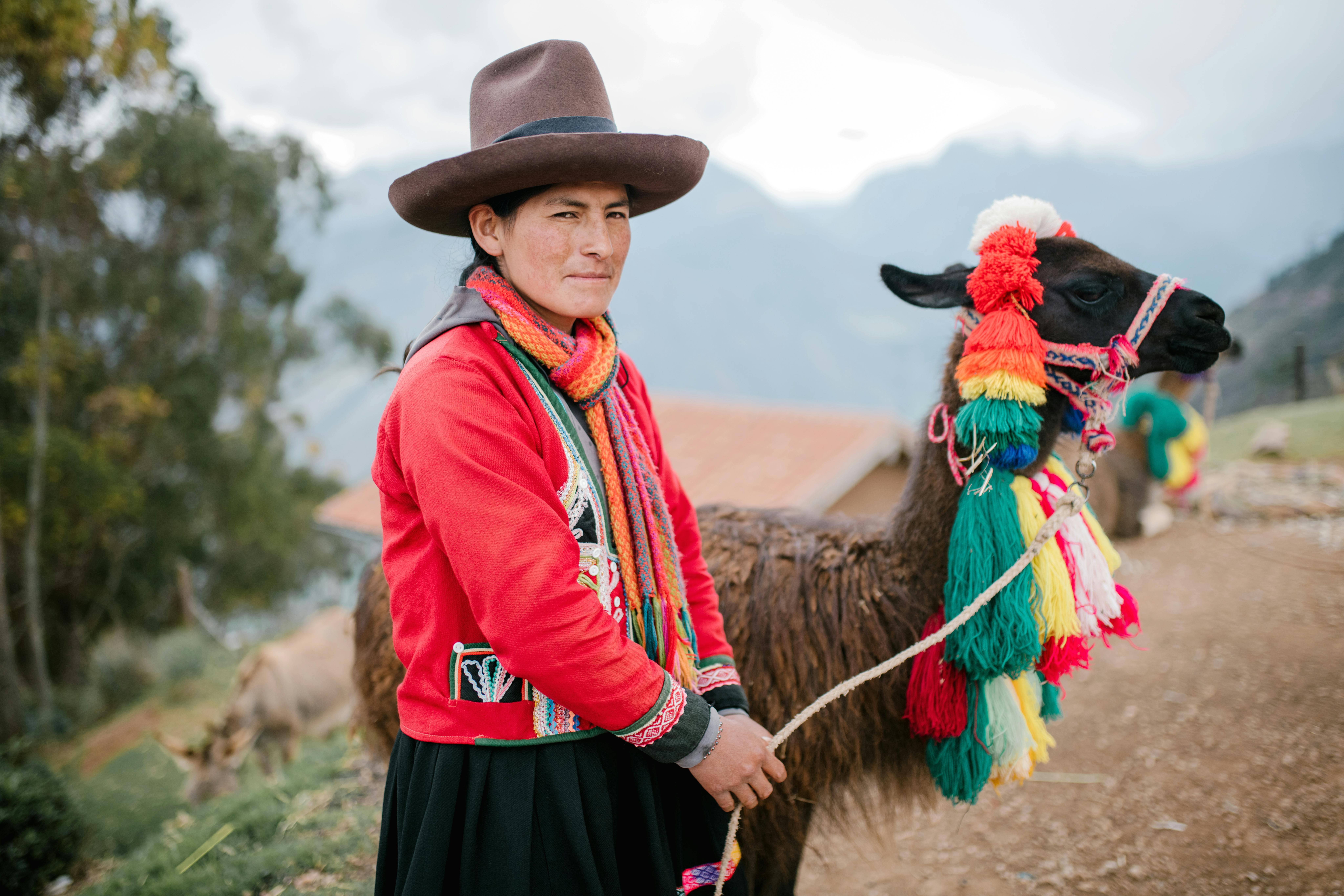Indigenous people are unique cultural and social entities with collective ancestral links to the natural resources and land on which they inhabit and live. Their customs, identities, livelihoods, spiritual and physical well-being are intricately tied to the natural resources and land on which they rely.
They often follow their traditional leaders and groups for representation that is different or dissimilar from that of mainstream society or culture. The battle for human rights and autonomy in Indigenous communities has proven to be a difficult and long-term problem that has yet to garner widespread acceptance. Here are five reasons why Indigenous lives matter.
1. Exclusion and lack of access
Indigenous people are regularly denied legal acknowledgment of their natural resources, territories, and lands, are typically the last to obtain basic infrastructure and services, and face many obstacles that prevent them from fully engaging in the formal sector, gaining access to justice, and participating in democratic structures and decision-making.
Due to this heritage of inequity and isolation, Indigenous people are more exposed to the effects of climate-related disasters, including diseases like COVID-19. Susceptibility to the pandemic is worsened in certain cases by inaccessibility to national water, and sanitation, movement limitations, and market closures, all of which have had a significant impact on their well-being, livelihoods, and food security.
2. A higher rate of poverty
Globally, there are an estimated 476 million indigenous people. Despite accounting for only 6% of the world population, they represent around 19% of the severely poor. Indigenous peoples’ average life span is up to 20 years shorter than that of non-indigenous peoples across the world.
3. Indigenous foods help to broaden diets
The world is today too reliant on a limited number of staple crops. Maize, wheat, potatoes, and rice account for half of the daily calories consumed. Indigenous food systems may assist the rest of humanity to extend its limited food supply by growing healthy local crops such as moringa, oca, and quinoa. Indigenous foods are also very nutritious, climate-resilient, and well-adapted to their surroundings, making them an excellent source of nutrition in climate-vulnerable locations.
4. They work to protect natural resources and restore forests
Indigenous people consider themselves part of the same ecosystem as the environment in which they live and are inextricably linked to it. Natural resources are regarded as common property and are treated as such.
Many indigenous groups help alleviate the effects of climate change by safeguarding natural resources such as rivers and forests. Indigenous people, local communities, smallholders, and families, maintain one-third of the world’s forests, which are critical for reducing greenhouse gas emissions.
5. Their ancient farming techniques are resistant to climate change
Over generations, indigenous people have evolved agricultural systems that are suited to harsh settings, such as the dry grasslands of Kenya, the high elevations of the Andes, or the extreme cold of northern Canada.
These time-tested strategies, such as terracing to prevent soil erosion or floating gardens that utilize flooded fields, make them well-suited to the more severe weather events and temperature swings caused by climate change. Their lifestyles and vocations may help us learn about protecting natural resources, raising food in environmentally friendly ways, and living in peace with nature. Mobilizing the skills derived from this legacy and these ancient legacies is critical for tackling the current and future difficulties confronting food and agriculture.
Endnote
While indigenous people contribute to environmental protection, climate change mitigation, and disaster preparedness, their rights are not always safeguarded. Strengthening governance, increasing land tenure security, promoting public investments in sociocultural service delivery, and fostering Indigenous adaptability and livelihood options are all critical to addressing poverty’s numerous aspects.


